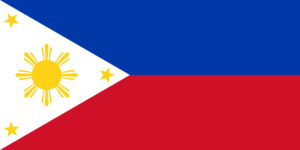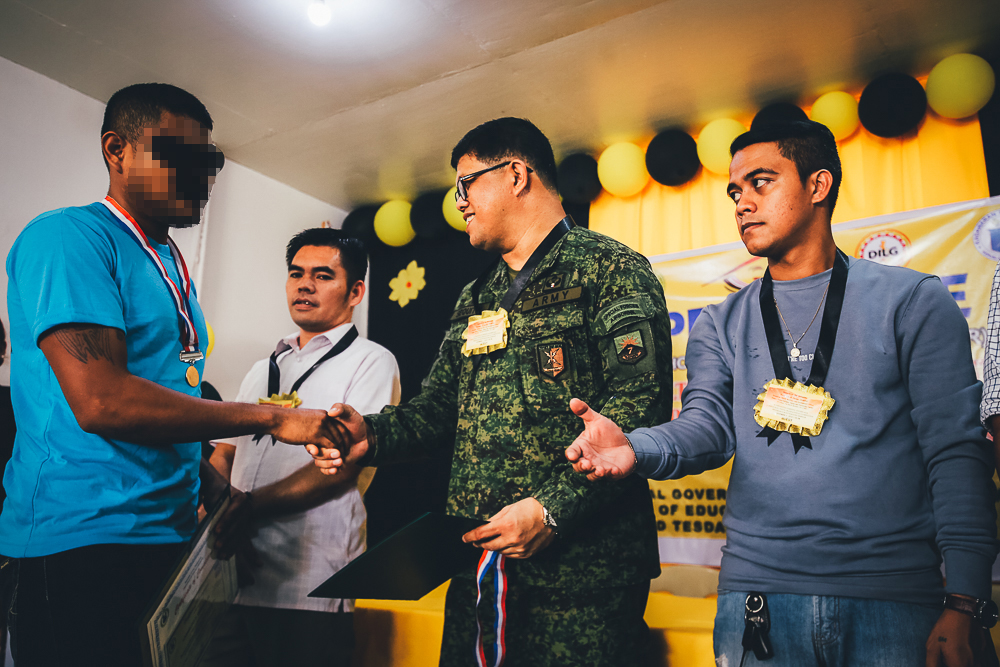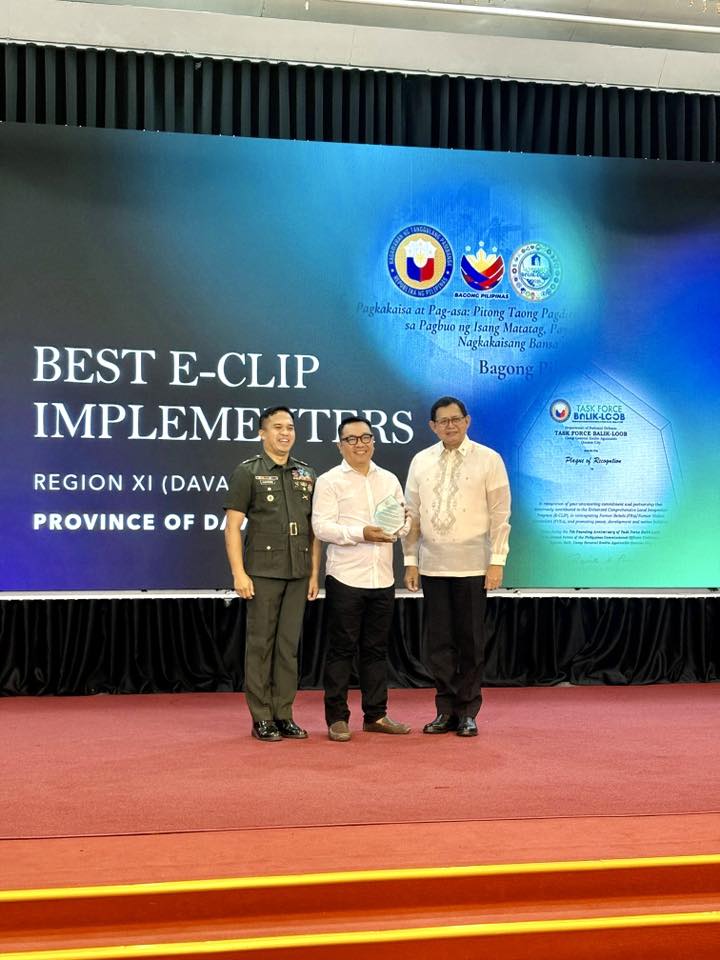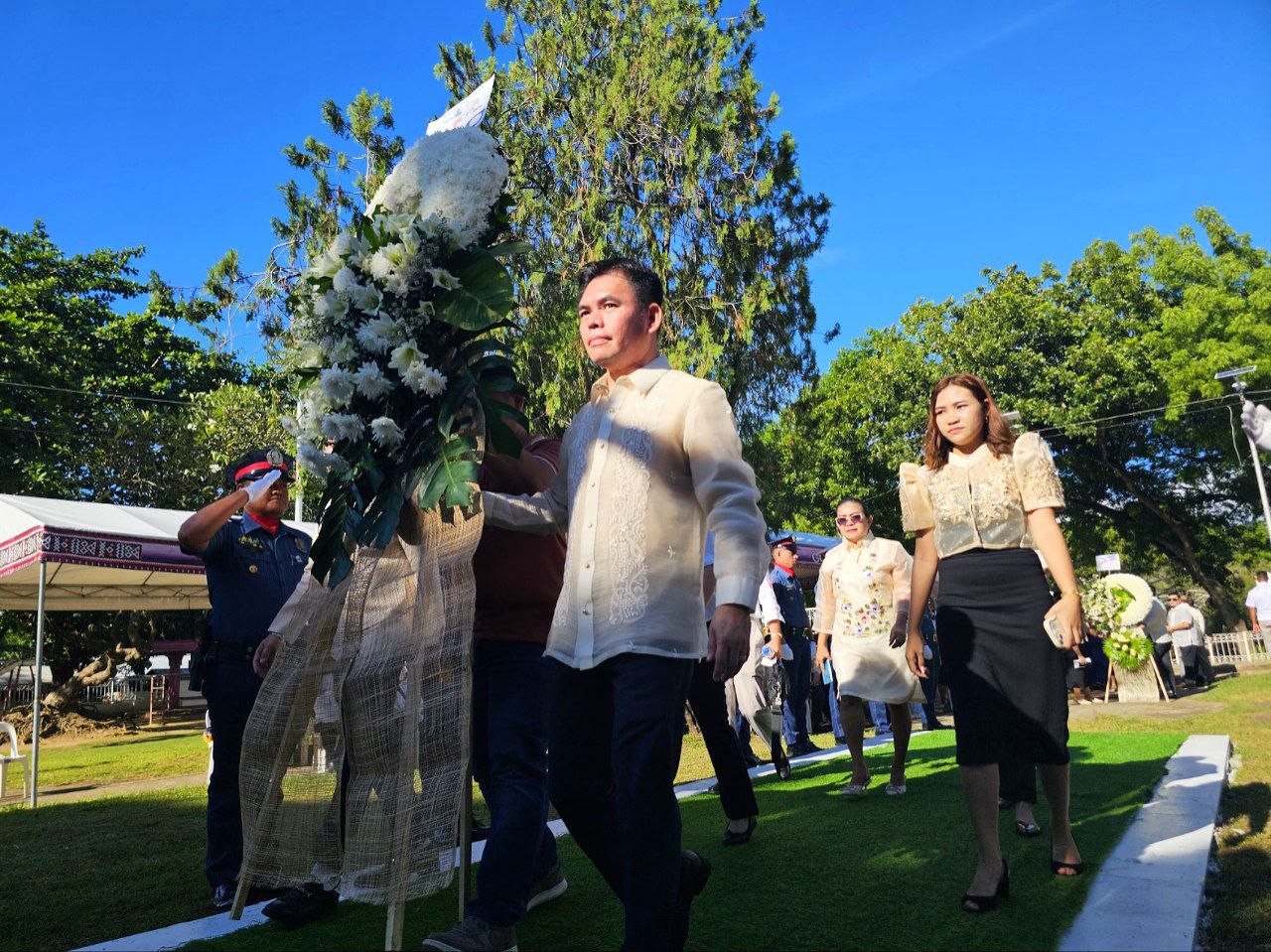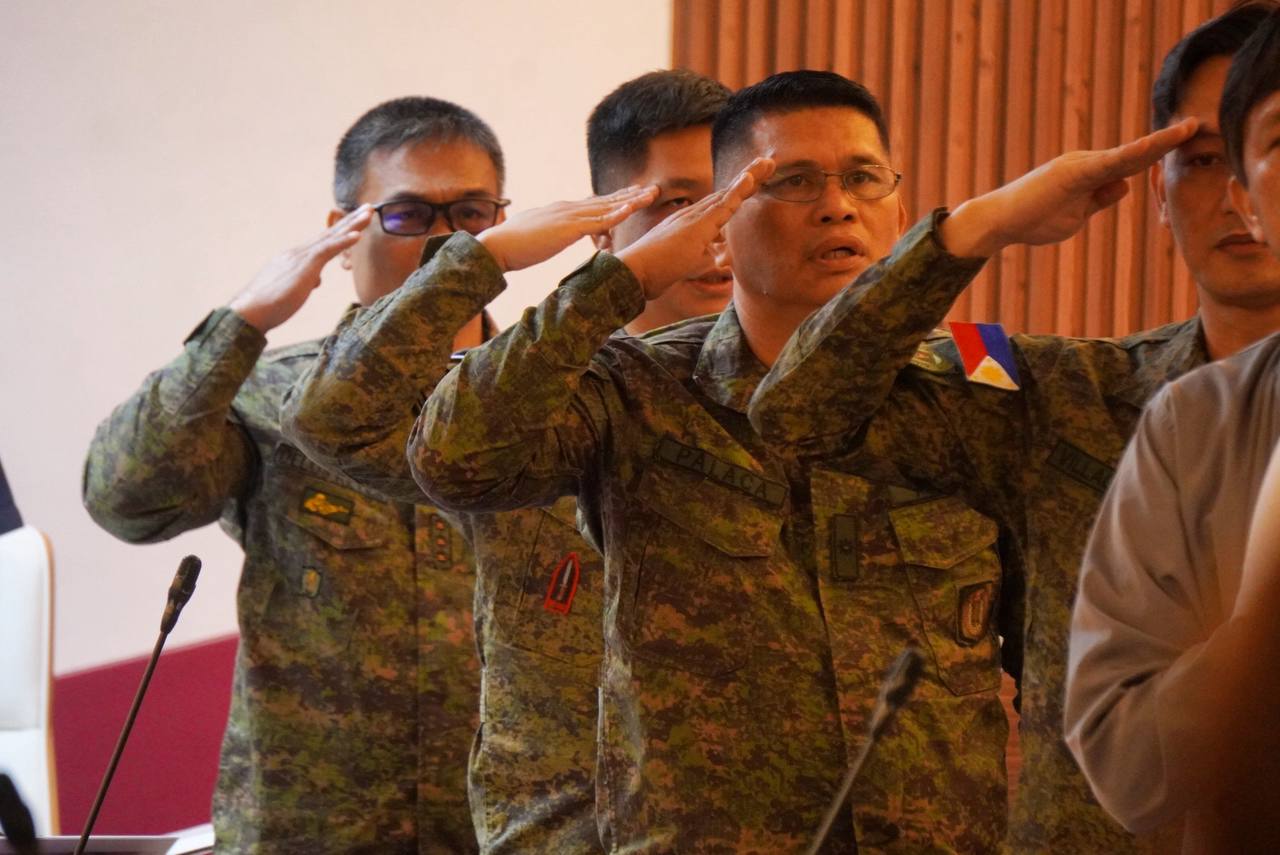DAVAO ORIENTAL—Nineteen former rebels are now ready to go back to the mainstream society after having completed the integration process under the Provincial Government’s Expanded Comprehensive Local Integration Program (ECLIP).
In a culmination program on December 3, the former rebels received their certificates from the Department of Education’s (DepEd) Alternative Learning System (ALS) and Technical Education and Skills Development Authority’s (TESDA) skills training.
Education and skills training are only part of the wide array of comprehensive program and services offered to the former rebels while staying in the Happy Home for three months to ensure their complete healing and recovery process.
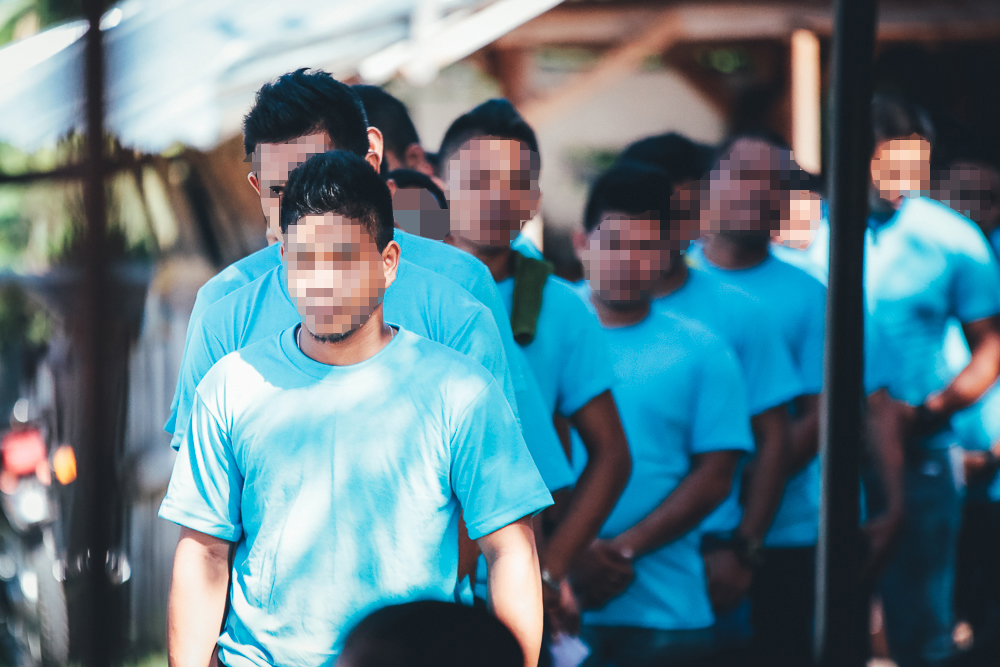
Within 45 days, seven of the 19 ALS graduates have completed Secondary level, six on Elementary Level, while the another six finished Basic Literacy Program.
On the other hand, they also received their certificates from TESDA for completing the 20-day skills training—the carpentry and plaster-concrete-masonry leading to Masonry NC II. Each of them received set of tool kits as well as a P1,200 allowance.
Vice Governor Niño Sotero Uy, who represented Governor Nelson Dayanghirang, emphasized the significance of education and skills development in helping former rebel’s transition back into civilian life.
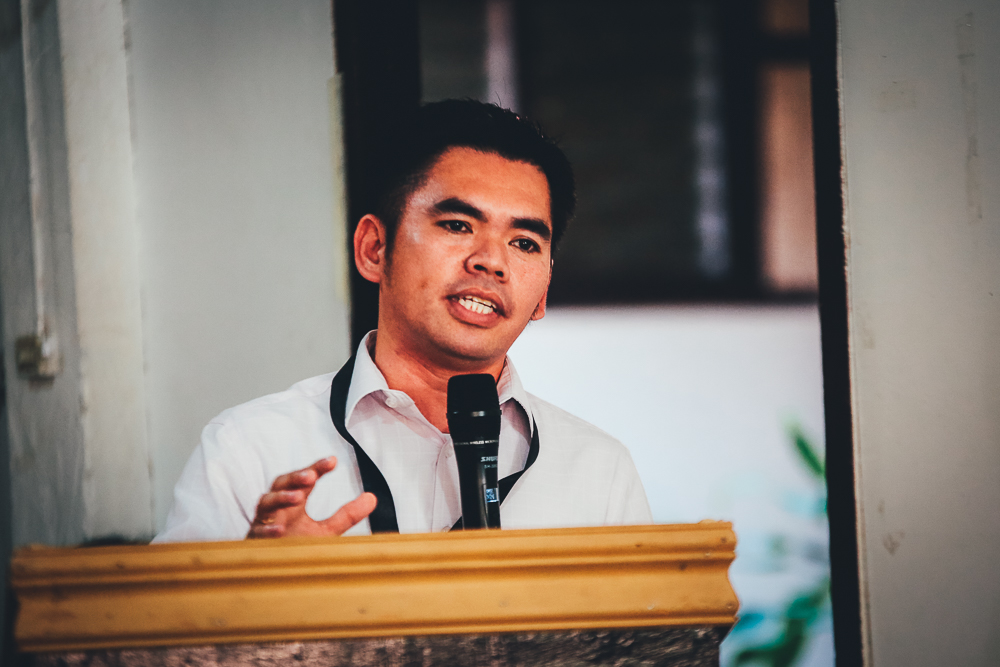
“Education is important and age shouldn’t hinder for an individual to acquire it. It is the only solution for us to get fair opportunities, for us to achieve our dreams,” said Vice Governor Uy, citing the advantage of ALS to former rebels as they acquired their certificate in a short period of time compared to a formal education.
He said that former rebels now have the knowledge and the skills needed in managing the resources and the livelihood assistance given to them. All former rebels received P50,000 livelihood assistance and another P15,000 immediate assistance from the ECLIP.
Extending Governor Nelson Dayanghirang’s gratitude for the cooperation and support to the program of the Provincial Government, Vice Governor Uy encouraged the new peace advocates to make what they have learned from their stay in the Happy Home as a springboard in starting anew in their respective communities.
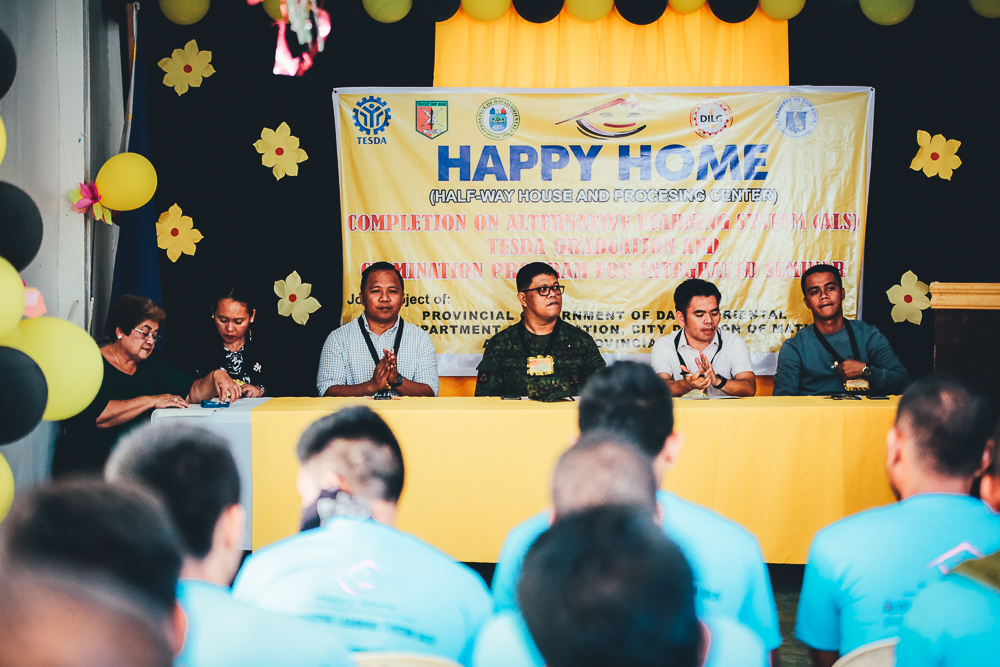
“No matter how many programs or projects the government has, it is still up to you to decide which way you will be taking when you get back to your own communities. We hope that what you have learned here will serve as your guiding light, an instrument or a vehicle in starting a new and meaningful life,” Vice Governor Uy said.
Taking off from their experiences back in the communist insurgent’s movement, one former rebel vowed his allegiance to the Philippine Government, saying that they are now free from the “blinding ideologies” the movement has instilled in them.
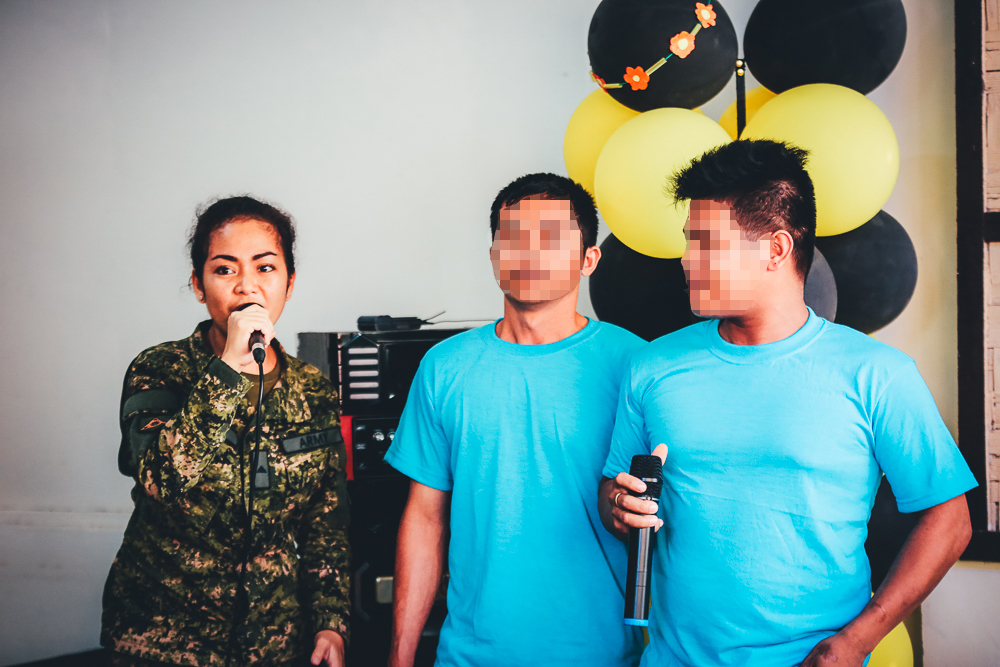
“I am very proud of myself for acquiring proper education, for having been awakened from the twisted doctrines the communist movement introduced to us. I am now ready to go back to the community to start a new life and a new family,” he said.
The new graduates are the second batch for this year’s ECLIP beneficiaries. Through convergence of effort with the different agencies and with the Philippine Army, the ECLIP implementation has become a stepping stone since 2013 for those who have been “a victim of the ills and deception of the communist insurgent’s movement”. To date, a total of 278 former rebels were already served by the program.
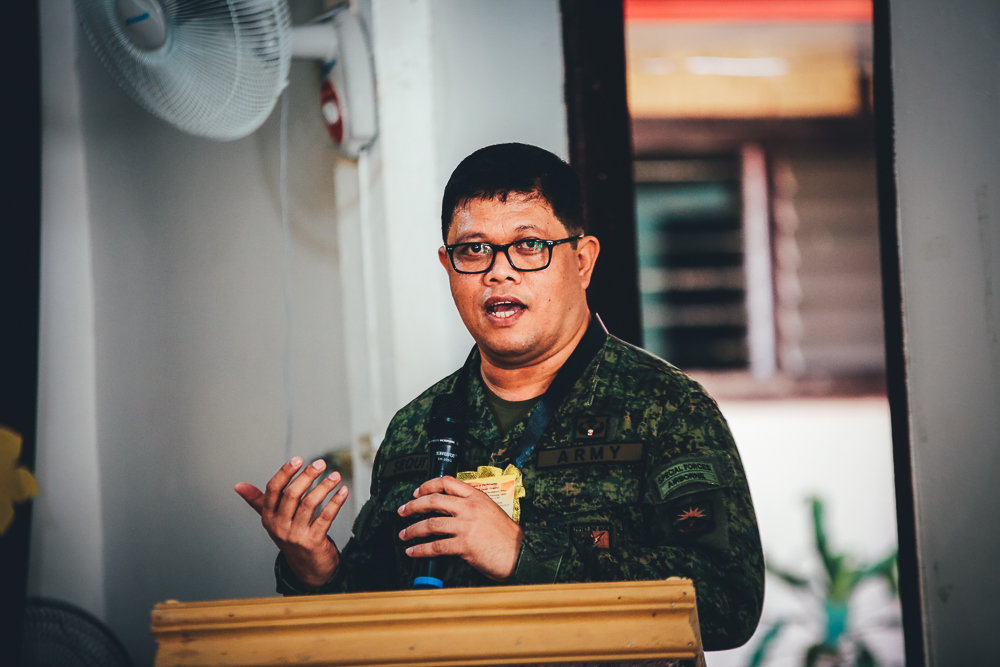
“The convergence of the political leaders and the different agencies is very evident here in Davao Oriental. The Philippine Army alone cannot eradicate insurgency because we cannot provide all the services needed by a rebel surrenderee,” Col. Manuel V. Sequitin said, newly-installed commander of the 701st Brigade.
In the former rebel’s transition toward a civilian life, the 701st Brigade provides the ten-day de-radicalization process by reintroducing the Philippine Constitution and spirituality to them.
“They are now ready to go back to the mainstream society. Before, the only thing in their mind is how to undermine the Philippine Government. But after undergoing this program, all they can think of now is how to build their own families and how to be a productive citizen in their own communities. Five years ago, or so, they are holding weapons but now they are holding certificates,” Col. Sequitin said, saying that despite this feat on the part of the government, the Philippine Army will continue to pursue the remaining members of the communist group who were forced in the hinterland boundaries of the province.
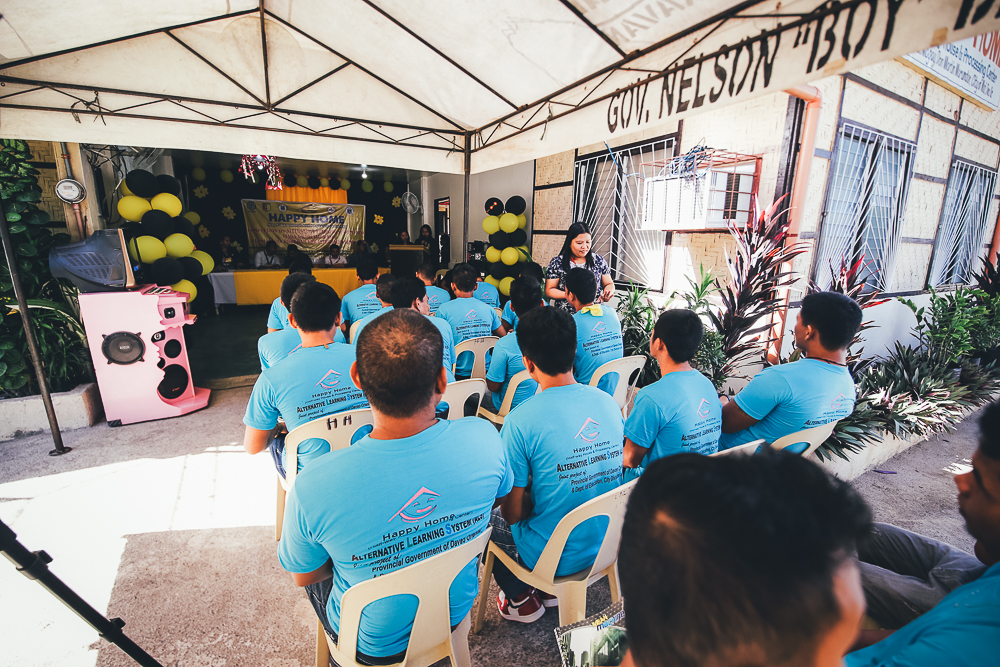
“The battalions under the 701st Brigade continue to track down the enemies and we will further strengthen the anti-insurgency programs as well as the campaigns organized by the youth organizations. We all have to combine efforts with the different sector to end this multi-faceted and very complicated insurgency problem which will very soon come to an end,” he added.
Happy Home manager Emmalyn Oliveros said that after the graduation rites, the former rebels will be turned over to the battalions where they have expressed their intent to surrender. In turn, the battalions will help the former rebels find a safe area for them to settle. She said that in coordination with the Municipal Government and the Department of Social Welfare, continuous monitoring will be conducted to guarantee the effectiveness of government intervention to transform communist insurgents into peace advocates. Photos by Eden Jhan Licayan
